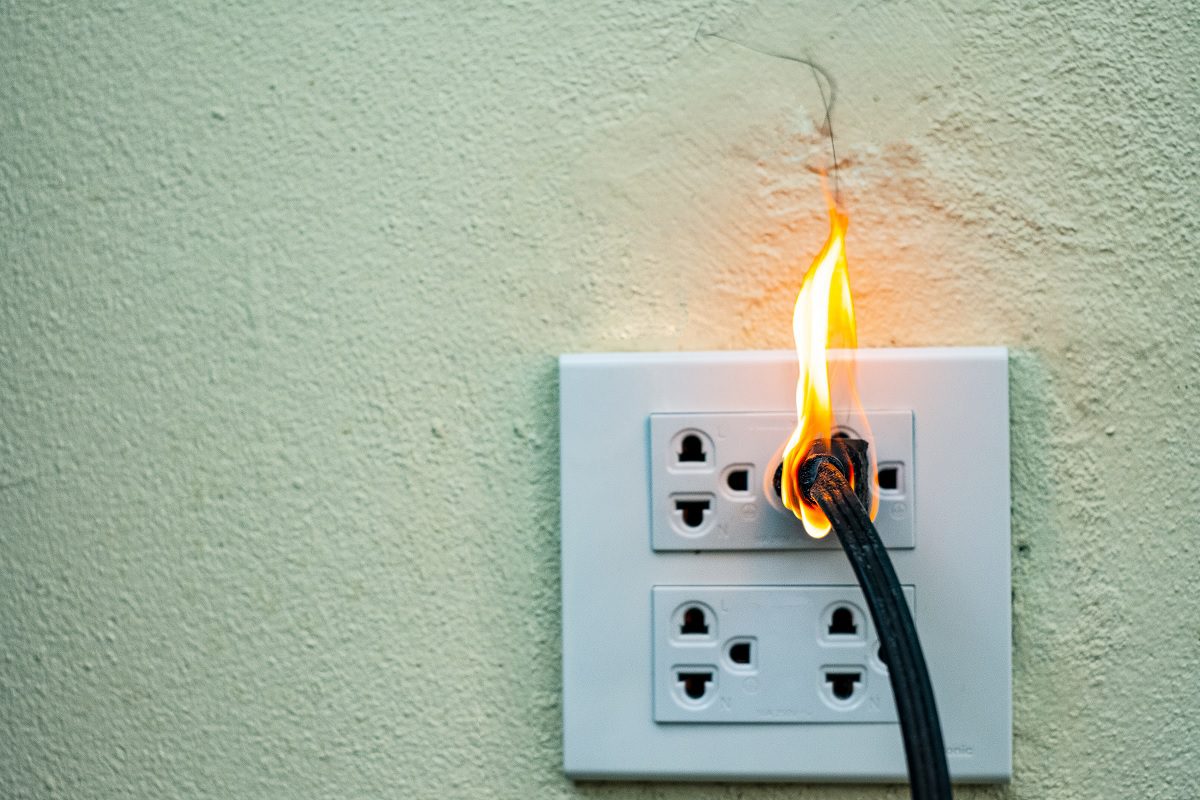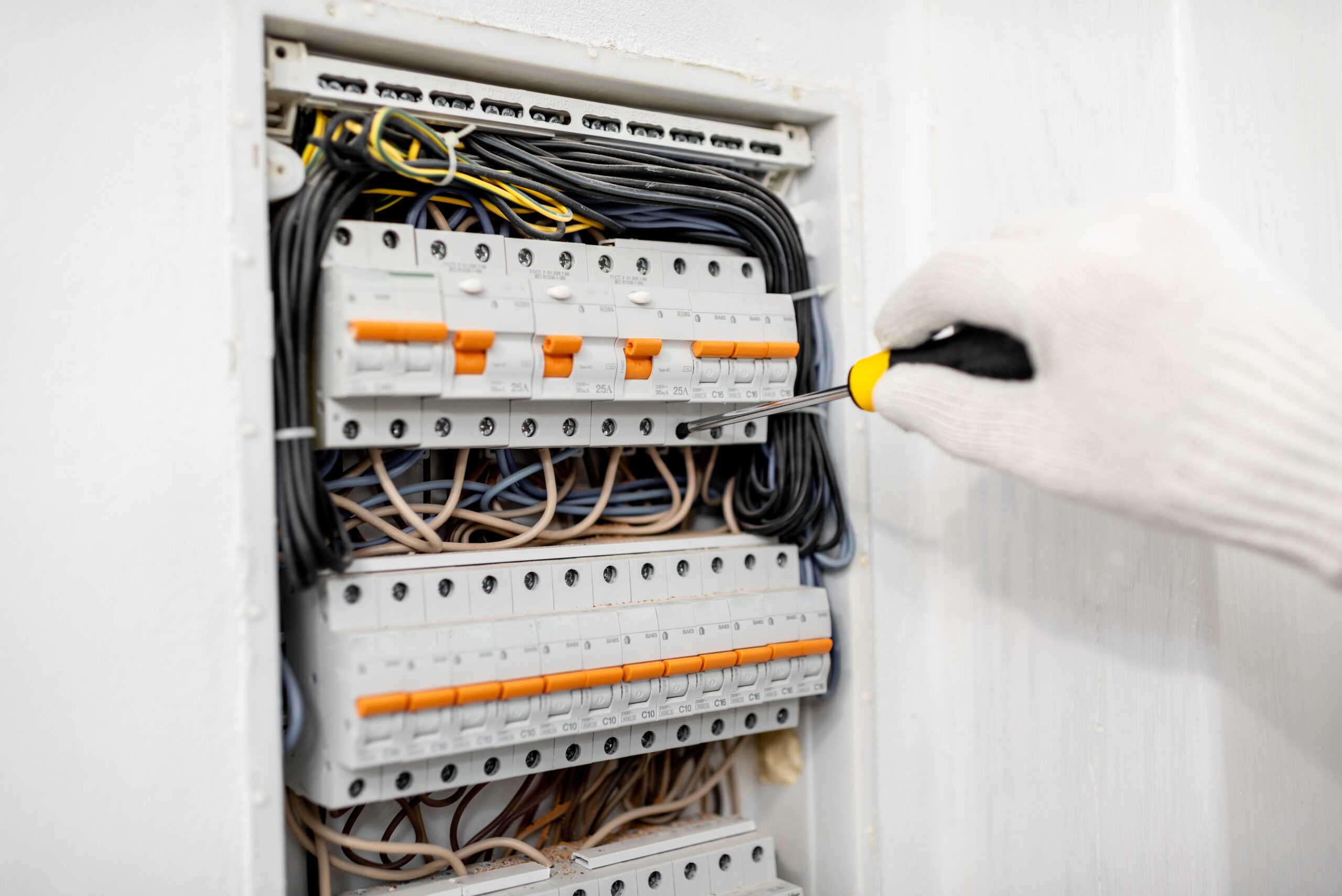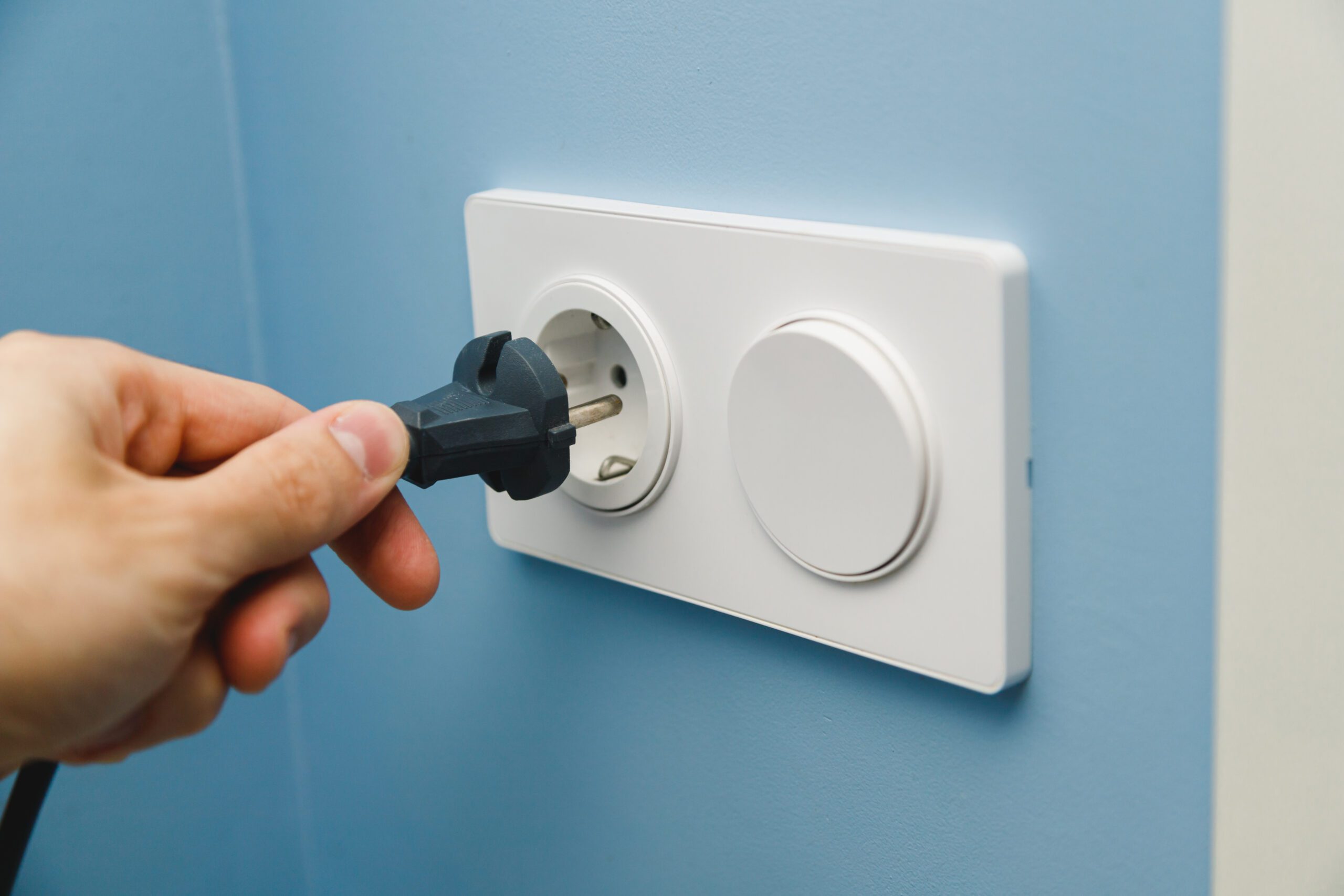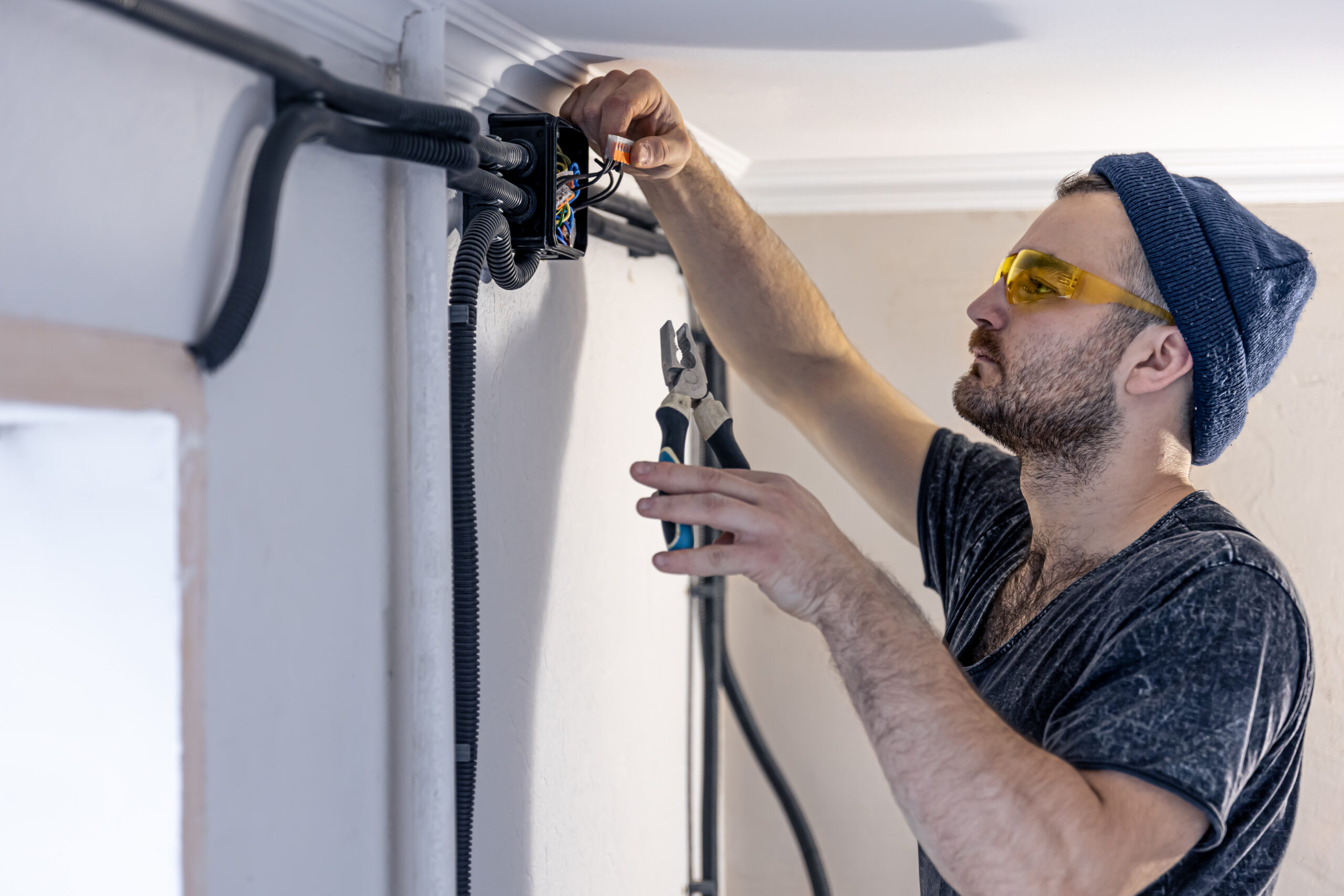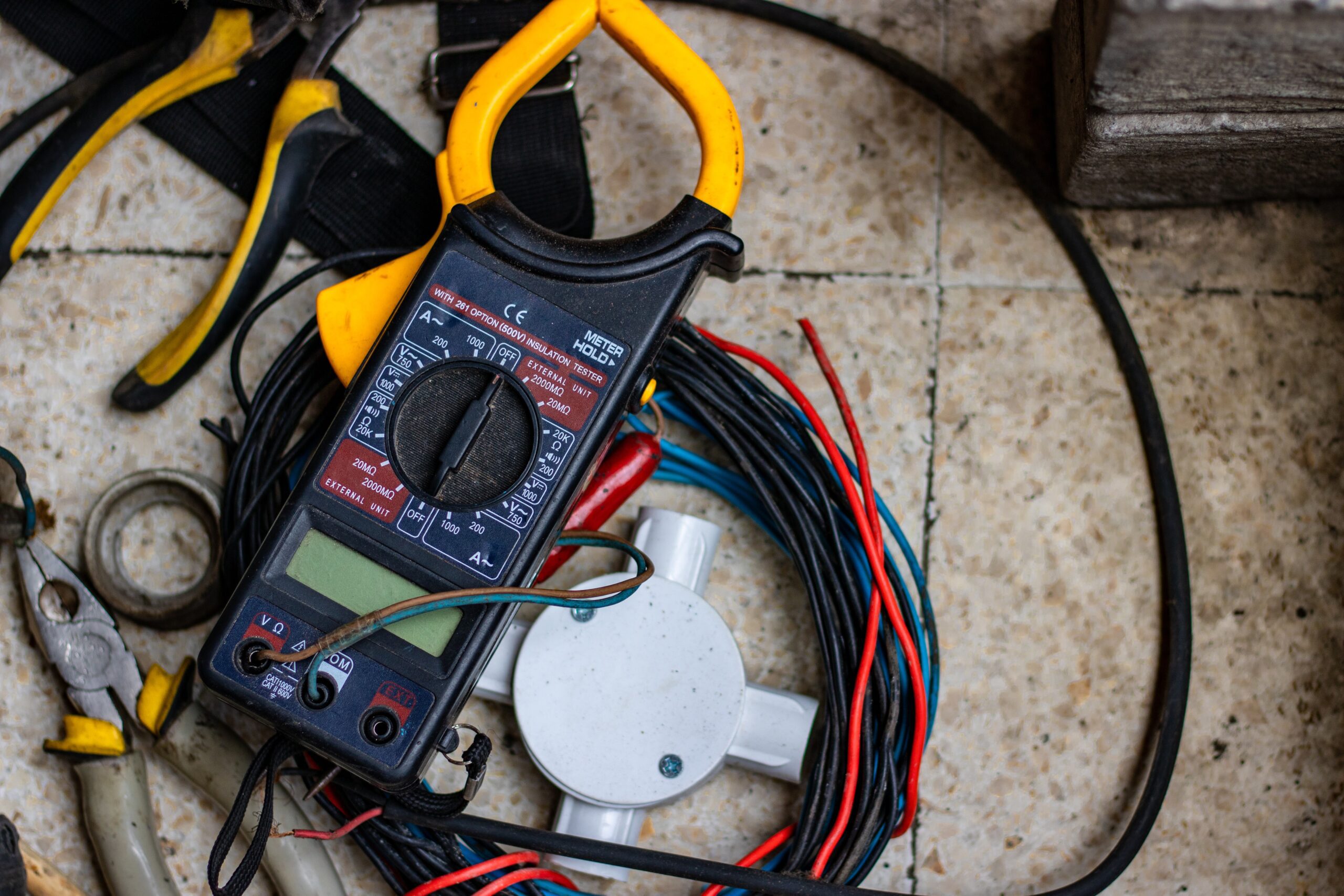Electrical surges, also known as voltage spikes, are sudden increases in voltage that can occur due to power outages, lightning strikes, or malfunctioning appliances. These surges can cause severe damage to your home’s electrical system, electronic devices, and appliances, leading to costly repairs or replacements. To protect your home and valuable electronics from the potential hazards of electrical surges, it is essential to implement effective surge protection measures.
In this comprehensive guide, we will explore the importance of surge protection for your home, discussing how surges can impact your electrical system and valuable electronics. We will also delve into the different types of surge protectors available on the market, including whole-house surge protectors and point-of-use surge protectors, examining the benefits and functionalities of each option. Additionally, we will offer valuable insights into the process of selecting and installing the appropriate surge protection solution for your specific needs and working with skilled technicians to ensure optimal performance and safety.
Understanding the Impact of Electrical Surges on Your Home
1. Damage to Electronic Devices and Appliances: Electrical surges can cause immediate or gradual damage to sensitive electronic devices and appliances, such as computers, televisions, and air conditioning units. This damage can result in costly repairs or replacement, as well as the potential loss of important files and data stored on electronic devices.
2. Reduced Lifespan of Electrical Components: Frequent surges can wear down electrical components in your home’s wiring and circuitry, reducing their overall lifespan and increasing the potential for future issues, such as electrical fires and system malfunctions.
3. Increased Energy Costs: Homeowners may notice a spike in their energy bills due to the inefficient operation of damaged electronics and appliances following an electrical surge.
Exploring Different Types of Surge Protectors
1. Whole-House Surge Protectors: These comprehensive surge protection solutions are installed at your home’s main electrical panel or meter, safeguarding your entire electrical system from external surges, such as those caused by lightning strikes or power outages. Whole-house surge protectors are particularly useful in areas prone to severe weather events and provide a baseline of protection for your home’s electrical infrastructure.
2. Point-of-Use Surge Protectors: As their name suggests, point-of-use surge protectors are designed to protect specific devices or appliances from electrical surges. They include power strips, outlet adapters, and integrated outlets with built-in surge protection. Point-of-use surge protectors offer an additional layer of protection for your most valuable electronics and appliances and are designed to work in conjunction with whole-house surge protectors for optimal defense against electrical disturbances.
3. Uninterruptible Power Supply (UPS): A UPS serves as both a surge protector and a backup power source for your electronic devices. In the event of a power outage, a UPS will continue to provide power to your connected devices for a limited period, allowing you to safely shut down your electronics and prevent data loss.
Selecting and Installing the Appropriate Surge Protection Solution
1. Assess Your Home’s Surge Protection Needs: Begin by evaluating your home’s electrical system, the types of devices and appliances in use, and the frequency and severity of electrical surges in your area. This information helps determine the appropriate level of surge protection for your specific needs and assists in selecting the best combination of whole-house and point-of-use surge protectors.
2. Consult with Professional Technicians: Reach out to experienced technicians for guidance in selecting and installing the ideal surge protection solution for your home. These experts can ensure proper surge protector sizing, accurate installation, and optimal performance to safeguard your home from electrical disturbances and potential damage.
3. Regular Maintenance and Inspections: Periodic maintenance and inspections of your surge protection equipment ensure that the devices remain in peak operating condition and continue to provide adequate protection against electrical surges. Should your surge protectors become worn or damaged, professional technicians can assist in replacing or upgrading these critical components.
4. Invest in High-Quality Surge Protection Devices: When selecting surge protectors, prioritize high-quality, reliable options from reputable manufacturers. These devices often come with better warranties and are more likely to deliver consistent, long-lasting protection for your home and valuable electronics.
Working with Skilled Technicians for Maximum Protection
1. Expert Guidance: Rely on professional technicians to guide you through the process of selecting and implementing the ideal surge protection solution for your home, ensuring optimal performance, safety, and peace of mind.
2. Proper Installation: Skilled technicians possess the expertise necessary to install your surge protection devices correctly and efficiently, adhering to electrical safety codes and local regulations.
3. Ongoing Support and Maintenance: Partnering with experienced technicians for routine maintenance checks and inspections guarantees that your surge protection equipment remains in top condition, providing unwavering protection for your home and electronics.
Conclusion
Implementing effective surge protection measures in your home is crucial to safeguarding your valuable electronics, appliances, and overall electrical system. By understanding the detrimental effects of electrical surges and the various surge protection options available, you can make informed decisions about the best solutions for your specific needs. Rely on professional technicians for expert guidance, installation, and maintenance services to ensure that your home remains protected from unexpected power fluctuations and electrical disturbances.
Trust our team of experienced technicians at Turner On Services to help you select and install the ideal surge protection solution for your home. Together, we can create a more secure and resilient living environment, ensuring that your home and valuable electronics remain safeguarded against electrical damage and potential safety hazards with our expert electrical services!


